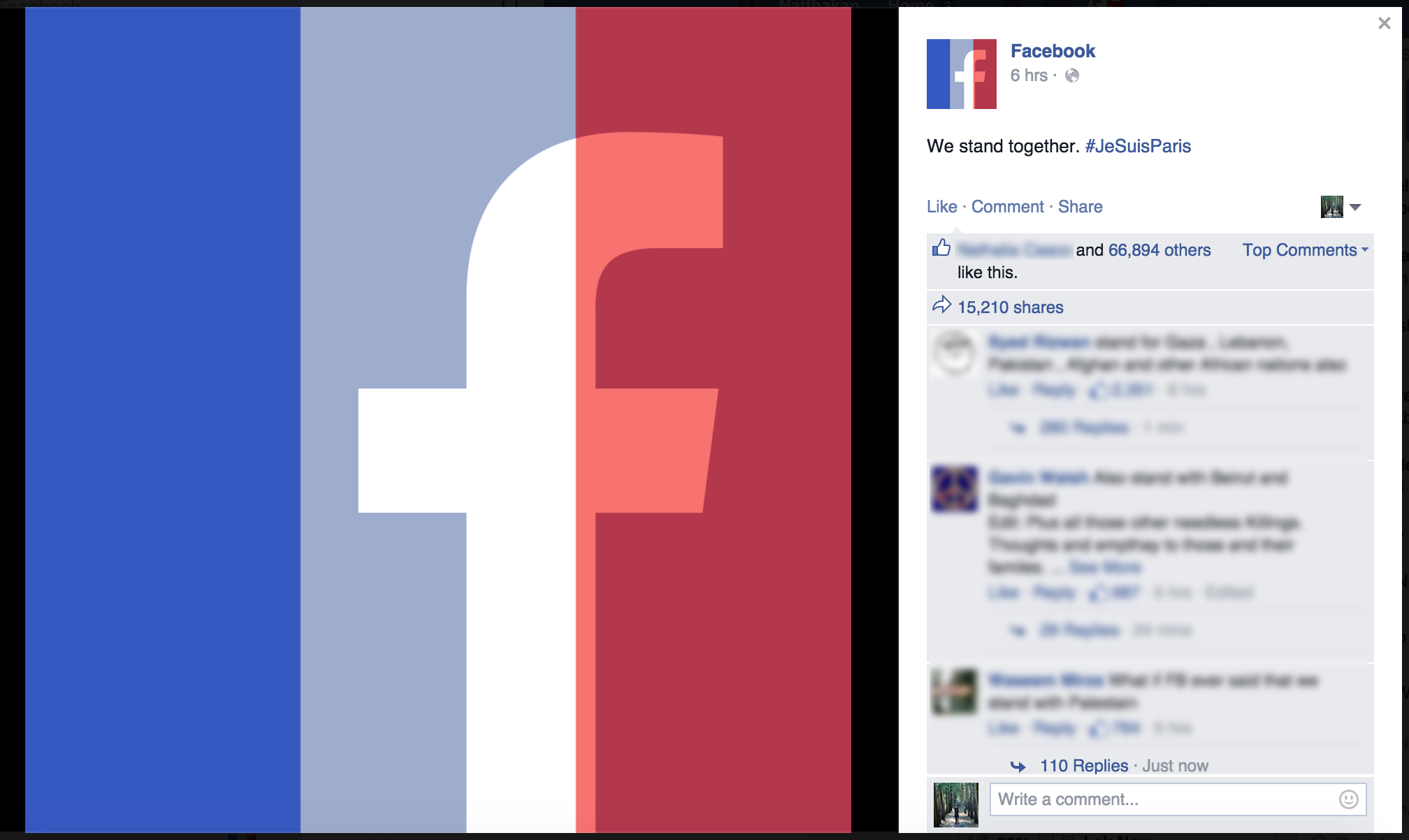Indonesia had an earthquake. And then it had a tsunami. I was lounging on my living room couch, mindlessly scrolling through Facebook when my mom casually said, “Oh, did you know Indonesia had an earthquake?”
Shocked, I immediately sat up saying, “What? That can’t be true, I haven’t heard anything about it!” I checked Google and she was right; Indonesia had in fact endured a horrific tragedy. But why hadn’t I seen it on Facebook? Why was there no filter? Social media seemed completely unaware of what was happening. And that begs the question: What exactly is going on in Indonesia?
First there was the earthquake. On Sept. 28., there was a devastating 7.5-magnitude earthquake on Sulawesi island in eastern Indonesia. It wreaked havoc; the very earth swallowed people alive.
Fifteen-year-old Priska Sustanon was one of 34 children whose bodies were found in a church after the building was buried by mud and other debris. A mosque, shopping center, hotel and road bridge were also devastated by the quake.
After the main shock, an enormous tsunami with waves almost three meters high hit the provincial capital city of Palu, 48 miles away from the earthquake. Many were unaware a tsunami was even imminent, as the warning underestimated the waves and others failed to get the alerts because of power loss after the quake.
The mix of tsunami and earthquake caused terrible soil liquefaction. Whole neighborhoods were consumed by a sort of heavy sludge that destroyed everything in its path. At first the death toll was thought to be around 200, but in the days after the earthquake and tsunami it kept rising higher and higher. As of Oct. 7, the death toll is believed to be around 1,754, with 2,549 injured and 683 still officially missing. However, no one was found alive after the third day of search and rescue.
The devastation is so severe the Indonesian government is considering turning Balaroa and Petobu, two of the worst-hit neighborhoods in Palu, into mass graves. There is a possibility that hundreds of people in those areas were buried by the dirt, making it difficult to find their bodies. Some believe the number of people missing in the two neighborhoods could even be in the thousands.
I have only captured a minuscule fraction of the horrors occurring in Indonesia. The Red Cross estimates over 1.6 million people have been affected, and so many are still unaccounted for. I cannot imagine what horrors people are enduring there and my heart goes out to them. Yet despite the devastation and destruction, it has been virtually unacknowledged on Facebook.
Over the years, Facebook has been known to show solidarity with countries who have endured tragedies in some way. After the terror attacks in Paris that killed 130 people, Facebook created a profile picture filter of the French flag to show support. Over 120 million people used the filter in three days.
The filter was met with criticism as people questioned why France, a mostly white, developed country, had one but there was none for the suicide bombing in Beirut that had occurred just one day prior to the Paris attack. I also discovered that in response to the backlash, Facebook actually got rid of sponsored filters altogether, although user-created ones still exist.
However, this is bigger than just filters. After the attack in Paris, millions upon millions showed their support through Facebook posts, be it news articles, people’s personal thoughts or survivors’ GoFundMes. Similar support has been shown for attacks in England and the U.S. Social media provides an insight into what is on people’s minds, what keeps them awake at night and what they care about. I’m not saying the terror attacks in countries like France, England and the U.S. were not tragedies, because they were; my heart goes out to those people as well. But why is the same support not shown for Indonesia?
Indonesia is not the only country that has gone seemingly unnoticed. Just a few days ago, Haiti was also hit by an earthquake. This July over 200 were killed in Syria in one of the deadliest ISIS attacks. More than 110 girls are missing after a Boko Haram attack in February of this year. So many brown and black people are being killed daily, yet it seems as if it goes largely unnoticed on social media such as Facebook. But again, why?
While I cannot know for sure, the issue runs along racial and class lines. A tragedy is a tragedy, and I again am not trying to devalue what has happened in western cities such as Paris.
However, similar tragedies occur in other countries constantly. Not only does the world not care about the deaths of brown and black people as much as they do about white people, it is desensitized to them. When there are attacks in places such as Western Europe, people are shocked because they happen so rarely in comparison to other parts of the world. Inhabitants of mostly white, developed countries generally do not live every day wondering if that is the day a terrorist group will finally kill them. They don’t go to sleep at night wondering if their house will be the next one bombed. They don’t desperately flee their country, risking death, just to avoid almost certain death in the place they call home.
So, when something terrible does happen in Western nations, people can hardly believe it. They talk about these “trying times” even though times have been trying for generations elsewhere. Countries of mostly black and brown people have suffered so much post-colonization that their suffering is considered part of the norm.
I wish it was different. I am not trying to blame anyone, but instead reflect on what I believe to be a sad trend with countries made up of mostly brown and black people not being shown the same solidarity as majority white, developed countries. People should not attempt to quantify which tragedies are worse than others, that is not what I am calling for. What they can do, however, is think about which news articles they share on their Facebook feeds, what disasters they talk about and where they donate their money. A death is a death, regardless of skin color.
















